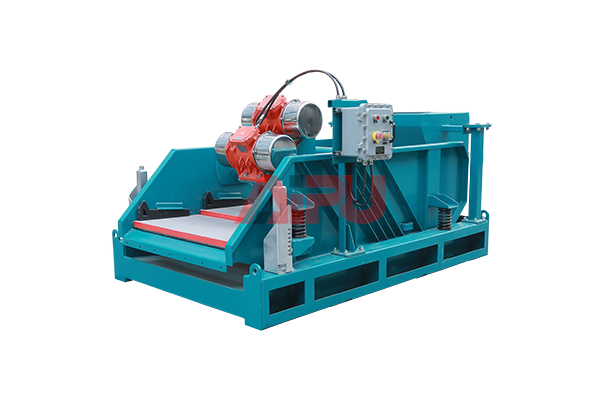The solids control system plays a crucial role in modern drilling operations, but its effectiveness heavily depends on the usage environment. Understanding these environmental factors ensures optimal performance and longevity of the equipment.

Drilling environments vary significantly across different locations. Offshore rigs face saltwater corrosion, limited space, and constant movement, while onshore operations deal with dust, extreme temperatures, and remote locations. Each condition presents unique challenges for solids control systems.
Temperature extremes impact equipment performance. In Arctic conditions, fluids thicken and equipment components become brittle. Desert operations face opposite challenges with overheating and rapid fluid evaporation. Proper insulation, heating elements, or cooling systems must be incorporated based on the expected temperature range.
Humidity levels affect both equipment and processed materials. High humidity environments accelerate corrosion and promote bacterial growth in drilling fluids. Low humidity areas experience increased static electricity and dust problems. The system design must account for these factors through material selection and protective measures.
Altitude influences equipment operation through reduced atmospheric pressure and oxygen levels. At high elevations, motors may require derating and pneumatic systems need adjustment. The boiling point of fluids decreases, affecting separation processes. These factors must be considered during system specification.
Geological conditions directly impact solids control requirements. Hard rock formations generate different cuttings than soft sediments. Abrasive materials accelerate wear on equipment components. The system must be matched to the expected formation characteristics to maintain efficiency.
Available space constraints dictate equipment configuration. Offshore platforms often require compact, modular designs while land-based operations might accommodate larger, stationary setups. The layout must allow for proper maintenance access and safe operation within the given footprint.
Power availability affects system design. Remote locations might rely on generators with limited capacity, requiring energy-efficient equipment. Stable grid power allows for different motor configurations. Voltage fluctuations and phase requirements must be considered in the selection process.
Environmental regulations vary by region and influence system design. Strict discharge limits may require additional processing stages. Noise restrictions impact equipment selection and placement. The system must comply with all local environmental protection requirements.
If your project requires solids control equipment, choose Aipu Solids Control, we believe it will be your best choice.
